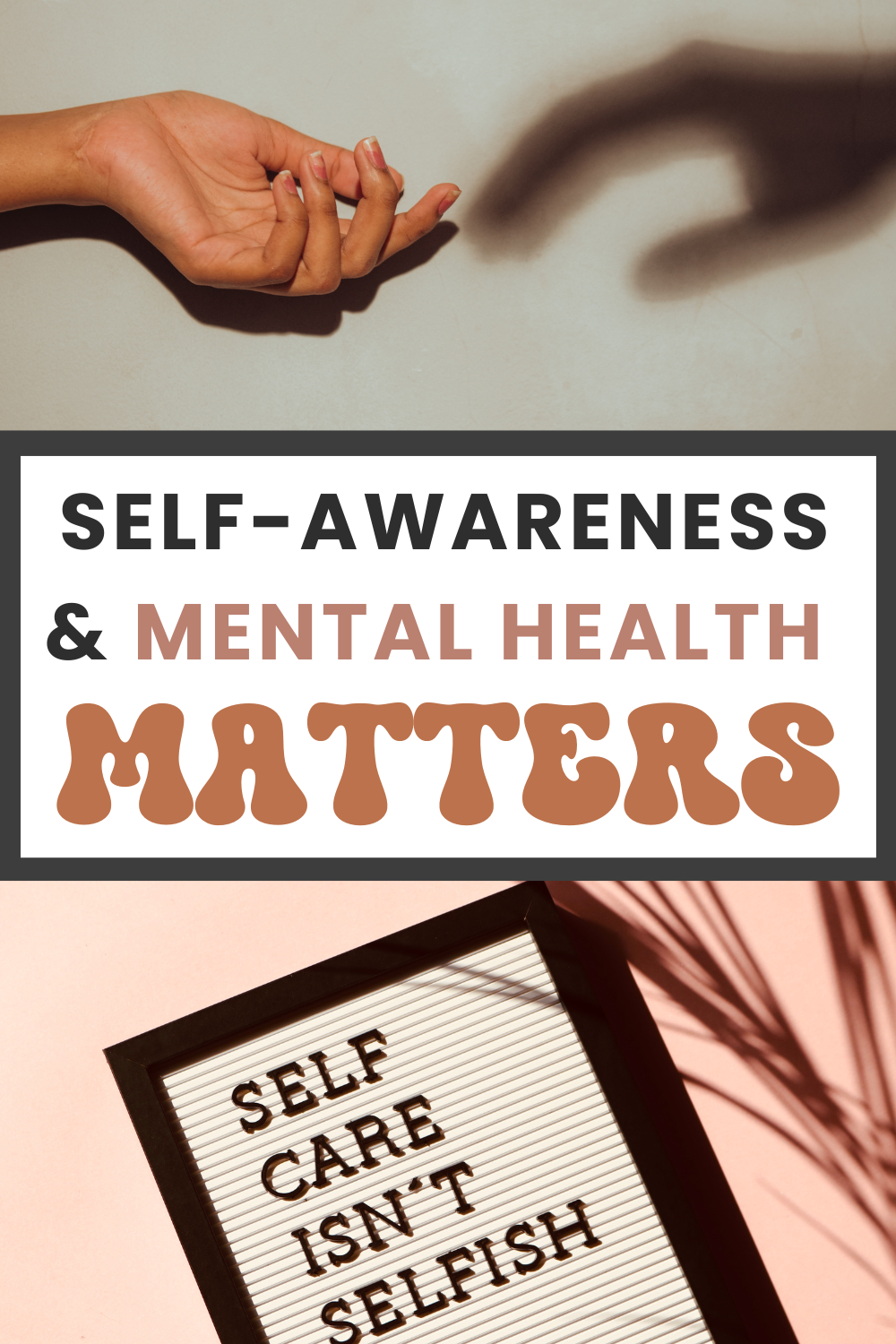
Self-awareness is a critical aspect of mental health that plays a vital role in our overall well-being. Our mental state influences our emotions, thoughts, and behavior, and without proper attention to our mental health, leading a fulfilling life can be difficult. Thus, it’s essential to cultivate self-awareness and actively work to maintain good mental health.
Self-awareness is defined as the ability to recognize and understand our own thoughts, feelings, and behaviors. It enables us to understand why we behave the way we do and what factors contribute to our emotions and thoughts. By being self-aware, we can identify our strengths and weaknesses and work towards improving our mental health.

The connection between self-awareness and mental health is critical. People who have high levels of self-awareness tend to have better mental health, as they have a better understanding of themselves and are better equipped to manage their emotions. On the other hand, individuals who lack self-awareness are often more prone to mental health problems, such as anxiety and depression.
Self-awareness is not just about knowing your likes and dislikes or understanding your personality traits. It’s about being able to understand your emotional responses, recognizing your triggers, and being able to manage your thoughts and feelings in a healthy manner.

By being self-aware, you can gain insight into your motivations, values, and beliefs, which will help you make informed decisions and lead a fulfilling life.
Self-awareness leads to better mental health, which is one of its most important benefits. People who practice self-awareness are more capable of managing their emotions and handling stress and anxiety effectively.
They can identify their triggers and take proactive steps to prevent them from affecting their mental health. Moreover, self-awareness also helps people develop better relationships, as they are able to understand their own behaviors and how they impact others.
Here are some tips to help you cultivate self-awareness
Keep a journal
Writing down your thoughts and feelings can help you gain a better understanding of yourself and your emotional responses.
Practice mindfulness
Mindfulness is the act of being present in the moment and paying attention to your thoughts and feelings. It can help you become more self-aware and better manage your emotions.
Seek feedback from others
Ask for feedback from people you trust, such as friends or family members. They can provide you with valuable insights into your behavior and help you become more self-aware.
Take time for self-reflection
Take some time each day to reflect on your thoughts and feelings. Ask yourself questions such as, “Why did I react that way?” or “What are my values and beliefs?”
Seek professional help
If you’re struggling with self-awareness or mental health issues, consider seeking help from a professional. A therapist or counselor can help you develop self-awareness and improve your mental health.

Another advantage of self-awareness is that it leads to personal growth. When you understand yourself, you can identify areas in your life that need improvement and take the necessary steps to address them. Self-awareness allows you to set realistic goals, develop better relationships, and make positive changes in your life.
Self-awareness and mental health are closely linked, and understanding yourself is crucial for good mental health. By being self-aware, you can improve your mental health, develop better relationships, and lead a fulfilling life. So, make sure to take the time to understand




Shannon Victoria Holmes says
Thanks for this article and I completely agree all of these things help and it is important.
MICHAEL A LAW says
Mental Health is very important. Its a daily job that takes a lot of will but in the end it is worth it. Seeing a therapist is key to keep great mental health
Elizabeth says
I think Covid has made all this even more vital!